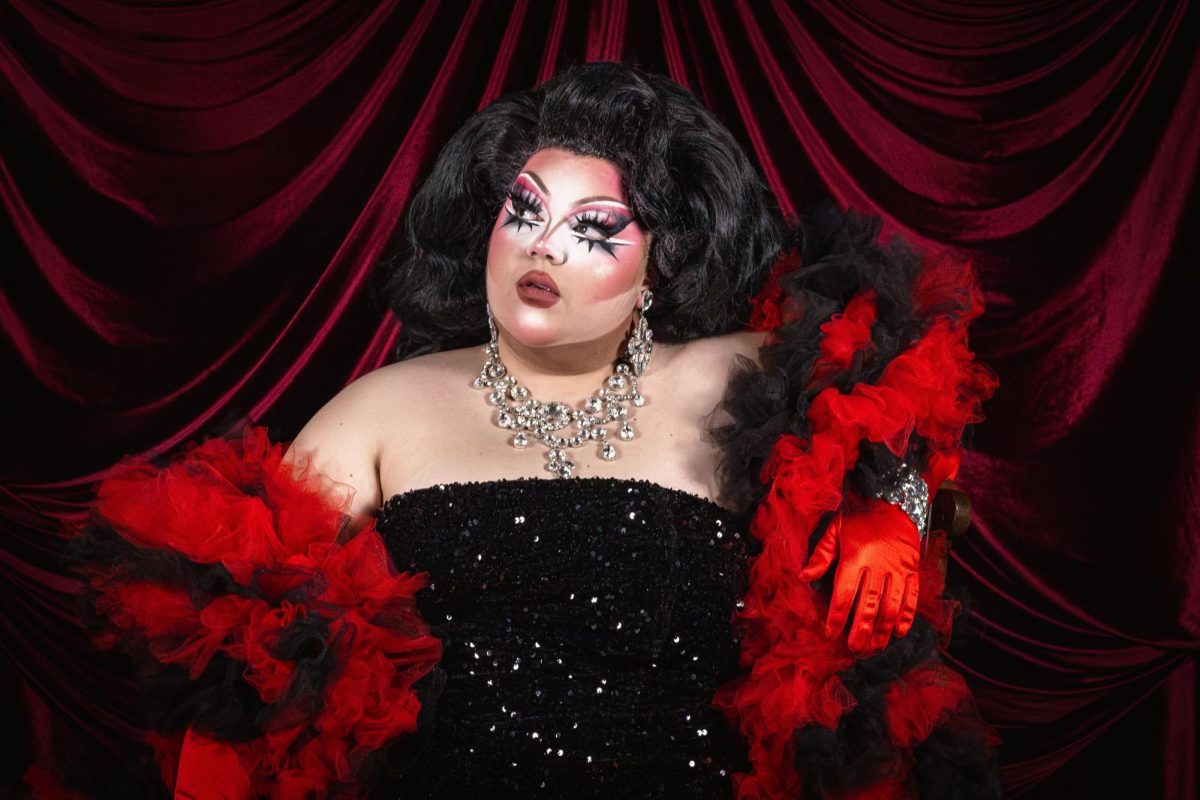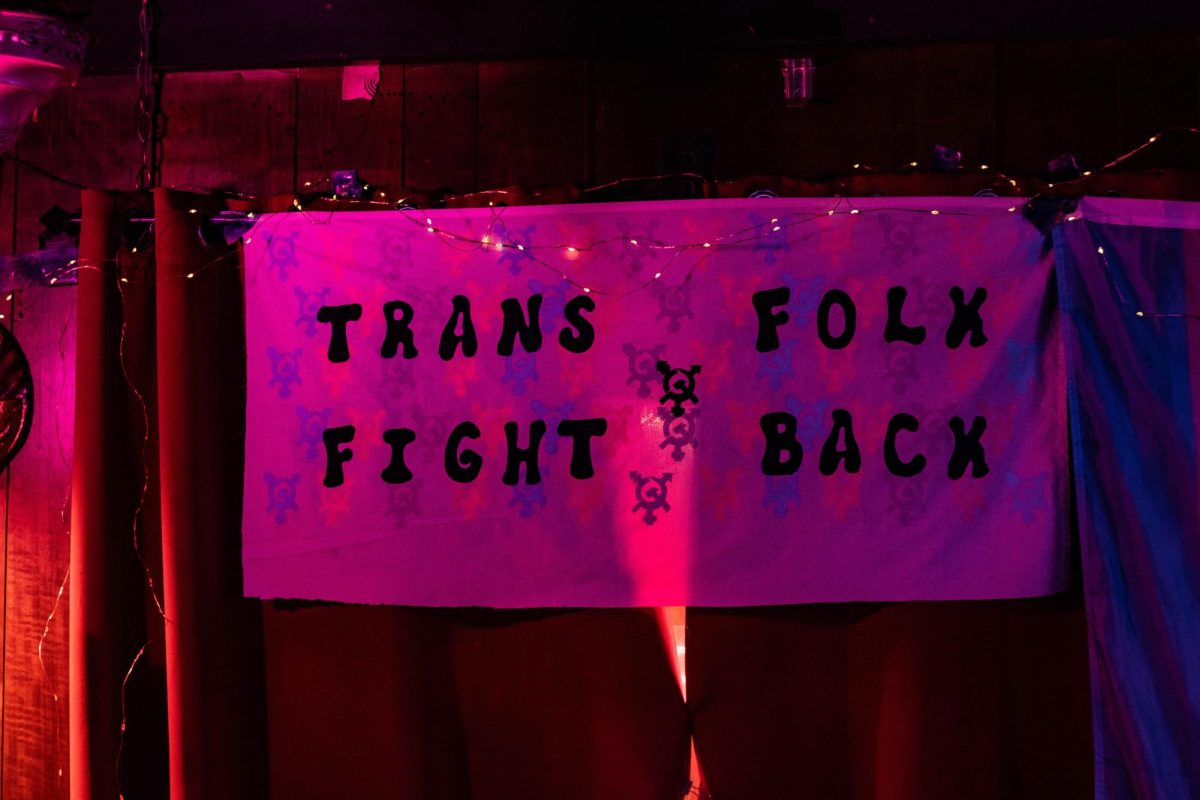
While some may consider the push for same-sex marriage and partner benefits the frontline of the modern LGBT liberation movement, those who represent the “T” in the cover-all pejorative are steadily gaining traction by defining a voice all their own.
Consider this piece from the New York Times this weekend on transgender New Yorkers’ name changes through a Manhattan court. The article by William Glaberson explains that legal name changing cases are finally seeing their day in court across the country, but specifically discusses one Civil Court in the Big Apple where hundreds have, in the eyes of the government, aligned their name with their identity.
“A rare network of some 200 lawyers now works on such cases filed in the Centre Street courthouse,” the article says, “and nearly 400 of their transgender clients so far have, more or less, become someone else.”
Of the name changing experience, one 25-year-old slam artist who was born Laura successfully changed his name to Kit told the Times “it felt like giving away, say, an ugly Christmas sweater your mom made you.”
On the Web site for the Transgender Legal Defense and Education Fund, which is mentioned in the Times report, the organization describes it’s Name Change Project, which has helped many legally change their name by providing free lawyers to assist with the official process. “By ensuring that transgender people have adequate legal representation when seeking name changes, TLDEF’s Name Change Project ensures that they can successfully negotiate the legal process and move forward with their lives.”
While TLDEF is currently only able to assist transgender New Yorkers, such organizations represent the emerging niche that is transgender rights. A discussion that is often much more ambiguous for the majority is really coming out, and transgender people are increasingly willing to take steps to live in their true gender and not accept the body they were born into as society may pressure them to do. It’s an interesting discussion to follow, and we’re always looking to invite more trans voices to contribute to these pages.
It’s still very vague ground, but for those for whom gender and sex are very complicated questions by which they are discriminated against, it’s finally time for them to have their due — starting with the simple change of a name, a reality most assuming for those of us who don’t feel as if the mind and body don’t seem to quite match up.
See Wikipedia for a more involved discussion of transgender and what exactly it means.
— Adam Griffiths, editor-in-chief


































